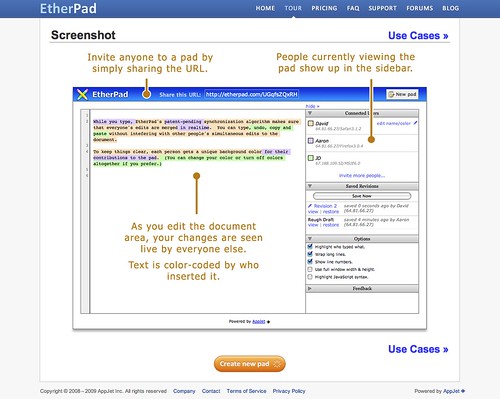
Why have a blog?
Tina Bettison in 'Social Networking for Rookies' states
"The purpose is to engage, inform and entertain, especially if you want to build a community of followers."
But what is a blog? The Oxford dictionary has this definition -
"blog: noun, An Internet website containing an eclectic and frequently updated assortment of items of interest to its author. 1999-. [Shortening of weblog.] So blogger, noun."
Often a blog is likened to a diary. A diary is a place to record your thoughts, opinions and experiences therefore a blog is indeed like a diary. The difference comes in the form of interactivity. A diary is rarly shared with others and it is definitely not a collaborative piece of work.
 A blog, on the other hand, offers users and readers the opportunity to share opinions, to comment on the opinions of others and it can also provide a platform for the justification of opinions. The author can offer information relating to experiences and opinions and provide explanation on their conclusions.
A blog, on the other hand, offers users and readers the opportunity to share opinions, to comment on the opinions of others and it can also provide a platform for the justification of opinions. The author can offer information relating to experiences and opinions and provide explanation on their conclusions. Bettison also refers to the concept that a blog should be subjective. Without some element of bias a blog will lose the sense of personality that engages the reader.
It is this personality that makes a blog an ideal medium for reflection. Entries that are formed quickly demonstrate initial reactions to experiences and this can remind the author of their opinion at a particular point in time.
This is the form of entry that I find most difficult to publish. From writing these draft entries I am learning a great deal about myself. I am able to recognise the reactive side of my personality. I often write an entry that shortly afterwards I no longer completely agree with. I have learned to hit the save button rather than publish. Bettison would say this technique detracts from the blogging experience and perhaps I could contribute my reaction to a lack of confidence in sharing my opinions.
Either way I know that I am on a learning journey and the posts that I publish will hopefully demonstrate this to readers and perhaps more importantly to myself. I have a record of my progress which in turn can provide a basis for future reflection. Like watching a child grow: if you see them every day the gradual change can be barely noticeable until you compare their current height to the measurement taken six months previously. In six months time I will have a comparison point that will highlight the contrast between my current knowledge and the knowledge that I have gained.
 Over the last year I feel I have learned a great deal, yet the more knowledge I gain the more I see how much I still have to learn. This can be linked to the words of Socrates "scio me nescire", the most common translation for this being "I know that I know nothing". The partner sensation to this statement is what gives me the desire and motivation to find out more. The more I feel my amateur status the greater my hunger for the next experience, the next chance to grow in knowledge.
Over the last year I feel I have learned a great deal, yet the more knowledge I gain the more I see how much I still have to learn. This can be linked to the words of Socrates "scio me nescire", the most common translation for this being "I know that I know nothing". The partner sensation to this statement is what gives me the desire and motivation to find out more. The more I feel my amateur status the greater my hunger for the next experience, the next chance to grow in knowledge.This is the best description that I can currently offer for my love of learning. I learn from everything but most importantly I learn from everyone.








